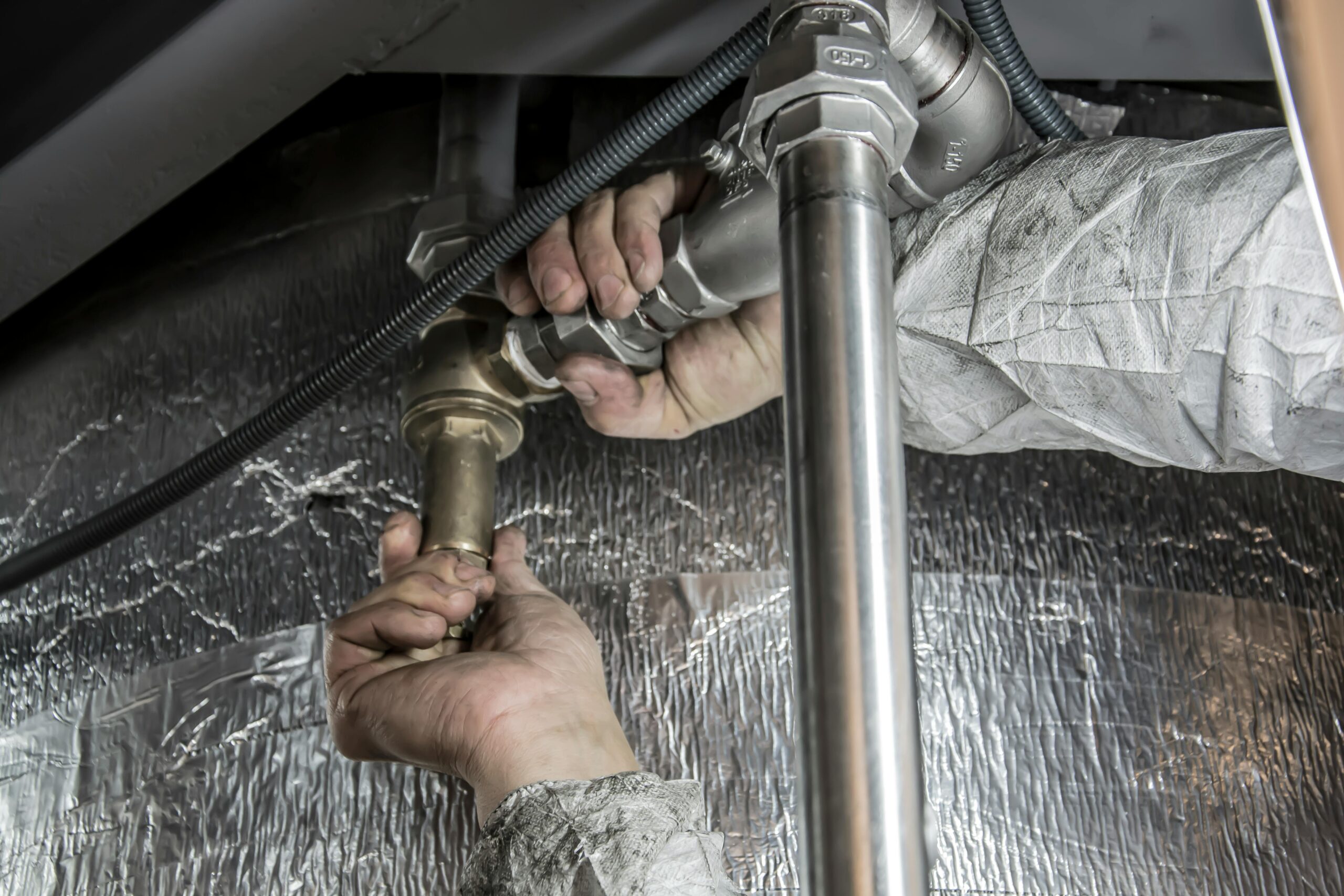- Older homes plumbing often involves outdated pipes prone to leaks and corrosion.
- Regular pipe maintenance reduces the risk of costly plumbing system failures.
- Preventive plumbing tips include inspecting fixtures, upgrading components, and addressing drain blockages early.
- Timely identification of sewer and drain issues is essential for older residential properties.
- Utilizing NJ plumbing professionals ensures compliance with local codes and use of appropriate materials.
Introduction to plumbing issues in older homes
Over time, plumbing systems in older homes experience wear caused by aging pipes, mineral buildup, and outdated installation standards. These elements contribute to frequent plumbing issues that can affect water quality, flow, and safety. Plumbing difficulties in older homes matter for residents and managers who want to avoid emergency repairs and maintain efficient function. This topic is particularly relevant in New Jersey, where older residential buildings make up a significant portion of the housing stock.
Homeowners of historic properties and older developments should be aware of the risks and preventive strategies related to older homes plumbing to reduce unexpected breakdowns and preserve the home’s value.
Common plumbing problems in older homes and prevention strategies
Defining plumbing issues typical in older homes
Plumbing issues in older homes often stem from the original materials and installation methods that predate modern plumbing standards. Common problems include:
- Corroded or rusted pipes: Many older homes still have galvanized steel or cast iron pipes, which corrode internally over time, reducing water flow and causing leaks.
- Leaking joints and fixtures: The natural aging of pipe seals and solder joints can lead to persistent leaks.
- Clogged drains and sewer backups: Older drainage systems may have tree root intrusion, pipe collapse, or accumulated debris causing frequent blockages.
- Low water pressure: Mineral deposits and pipe deterioration can drastically reduce water pressure.
- Outdated water heaters: Older tank-style water heaters lose efficiency over time and may be prone to leaks or failure.
Pipe maintenance and replacement strategies
Routine pipe maintenance is essential to prevent plumbing issues in older homes. This includes:
- Regular inspections: Professional plumbers can identify corrosion, slow leaks, and weak points in pipe networks before they fail.
- Pipe replacement: Replacing galvanized or cast iron with modern materials such as copper, PEX, or CPVC enhances durability and flow.
- Water quality testing: Periodic testing detects contaminants or high mineral content that accelerate pipe damage.
- Addressing water pressure issues: Installing pressure regulators or flushing pipes removes mineral buildup that restricts flow.
NJ plumbing codes and professional intervention
New Jersey plumbing regulations require professional installation and repair to meet safety and performance standards. Engaging licensed NJ plumbing experts ensures compliance with local codes, proper use of materials, and reliable workmanship. It also provides access to certified servicing of advanced systems like tankless water heaters and ductless mini-splits, which are beneficial upgrades for older properties.
Preventive plumbing tips for older homes
Effective preventive plumbing practices to reduce the frequency and impact of plumbing issues in older homes include:
- Routine fixture checks: Inspect faucets, toilets, and valves for drips or loose connections.
- Drain cleaning: Use professional drain maintenance to clear minor blockages before they escalate.
- Water heater upkeep: Schedule regular maintenance to flush sediment and test pressure relief valves.
- Monitor water bills: Unexpected increases can indicate hidden leaks.
- Install water softeners: In areas with hard water, water softening prevents mineral buildup that causes pipe damage.
- Upgrade plumbing components: Replace worn valves, connectors, and seals with modern equivalents.
Risks of neglecting older homes plumbing maintenance
Failure to address common plumbing issues promptly can lead to serious consequences such as:
- Water damage to walls and foundations: Undetected leaks can cause mold growth and structural deterioration.
- Sewer backups linked to old pipes: Blocked or broken sewer lines pose health hazards and expensive repair costs.
- Reduced water efficiency: Leaks and poor flow increase water consumption and utility bills.
- Unexpected system failures: Aging water heaters or valves can fail suddenly causing disruption.
Market context and renovation considerations
The demand for effective pipe maintenance and repair in older homes remains strong in New Jersey due to the aging housing stock and increased awareness of preventive care. Property owners often balance budget constraints with the need to modernize plumbing infrastructure without compromising the home’s character. Professional NJ plumbing services offer tailored solutions that align with renovation projects while ensuring code compliance and longevity.
Summary
Preventing common plumbing issues in older homes requires a clear understanding of the unique challenges posed by aging pipes, outdated fixtures, and wear-related damage. Regular pipe maintenance, professional inspections, and timely upgrades contribute to extending the lifespan of the plumbing system while minimizing costly emergency repairs. Applying preventive plumbing tips such as fixture checks, drain cleaning, and water heater monitoring can preserve home integrity and improve comfort. In New Jersey, working with licensed plumbing experts ensures adherence to local standards and access to advanced plumbing technologies tailored for older properties.
For detailed guidance on maintaining and upgrading plumbing systems in older homes, consulting certified NJ plumbing professionals is essential. Reliable maintenance not only protects the home but also enhances water efficiency and safety.
Contact Pipe Masters Plumbing for expert service in pipe maintenance and preventive plumbing solutions designed specifically for older New Jersey homes.


0 Comments